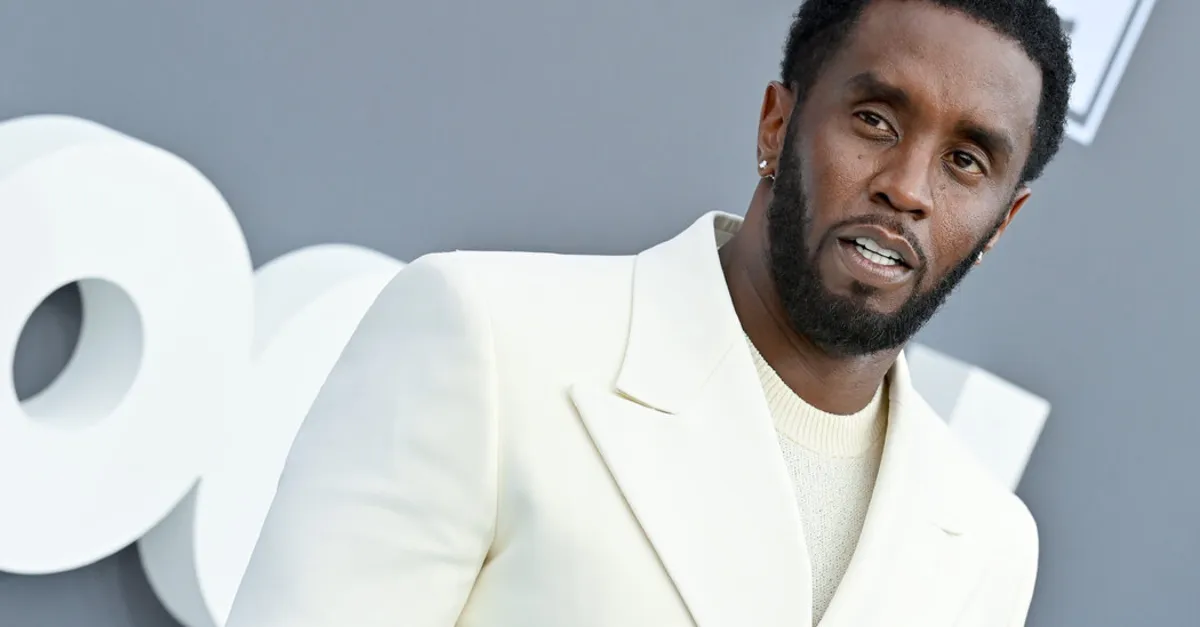
Mr. Combs, aged 55, has entered a plea of not guilty to all charges against him, with his legal team firmly denying any allegations of nonconsensual sexual activities involving the women central to this high-profile trial. If convicted of the most severe charges, he could face a sentence that extends to life imprisonment. The jury began deliberations on Monday at 11:30 a.m. after receiving legal instructions from Judge Arun Subramanian regarding this complex case.
Shortly after deliberations commenced, the jury sent a series of notes to Judge Subramanian, which were closely monitored by both parties' legal representatives. The first note, arriving just 10 minutes into deliberations, indicated that the jury had selected a foreperson. The second note, received approximately 50 minutes later, expressed concerns regarding a juror, identified as No. 25, who was perceived as unable to follow the judge’s instructions. Following discussions between the lawyers, Judge Subramanian encouraged the jury to persist in their deliberations and adhere to the legal instructions provided.
As deliberations continued into Tuesday, the jury sought clarification on whether an individual could be held responsible for distributing drugs if the recipient had requested them. In response, the judge opted for a concise reply, directing jurors back to the text of his original instructions.
On Tuesday morning, the jury requested transcripts of testimony concerning three “freak-offs,” which are described as drug-fueled sexual encounters that Casandra Ventura alleged Mr. Combs pressured her into. Notable incidents included events that reportedly took place in New York hotel rooms in 2012 and 2013, as well as a Los Angeles hotel in 2016, where surveillance footage allegedly showed Mr. Combs assaulting Ms. Ventura.
After the jury notified the court of a partial verdict around 4:05 p.m. on Tuesday, Judge Subramanian encouraged the panel to continue their discussions. He emphasized the importance of each juror maintaining their conscientious beliefs, advising against surrendering their principles for the sake of reaching a unanimous verdict.
During the defense's closing arguments, Mr. Agnifilo, Combs' attorney, emphasized themes of consent, credibility, and the notion of government overreach. This summation marked the defense's most substantial argument to date, especially considering they did not call any witnesses nor put Mr. Combs on the stand. Agnifilo dedicated significant portions of his four-hour closing statement to illustrating that both Casandra Ventura and “Jane,” a pseudonymous witness, willingly engaged in the marathon sex parties that are central to the prosecution’s claims of sex trafficking.
“You can call it swingers; you can call it threesomes,” Agnifilo asserted, arguing that the evidence substantiated the consensual nature of these encounters. He also questioned the credibility of some government witnesses, particularly targeting Capricorn Clark, a former assistant to Mr. Combs who claimed to have been kidnapped at his direction.
Agnifilo further posited that the racketeering charge was an overreach, suggesting that Mr. Combs was unfairly targeted due to the nature of the case’s origin—a lawsuit rather than a direct report to law enforcement. This claim prompted objections from the prosecution, asserting that the decision-making processes of the government were irrelevant to the jury's considerations.
The prosecution contended that demonstrating coercion in just one of the alleged “freak-offs” would suffice for a sex trafficking conviction. During cross-examinations, the defense highlighted text messages from the women that conveyed enthusiasm for the encounters, but prosecutor Ms. Slavik clarified that the women’s initial willingness did not negate later coercion due to fear of physical harm or financial repercussions.
Ms. Slavik emphasized that if the jury found just one instance of force, threats, or coercion, Mr. Combs should be found guilty of sex trafficking. She provided specific examples, including a physical altercation between Mr. Combs and one of the women, as well as the 2016 hotel assault captured on video.
Mr. Combs faces multiple serious charges, including two counts of sex trafficking and one count of racketeering conspiracy. The sex trafficking charges focus on allegations that he coerced two former girlfriends—Casandra Ventura and another witness—into participating in sexual acts with male escorts. The jury must determine whether Mr. Combs used force, threats, or coercion to compel these women into “commercial sex acts.”
Additionally, the racketeering charge encompasses a broader range of alleged criminal activities, asserting that Mr. Combs engaged in a conspiracy with others to conduct a series of crimes over two decades. To secure a conviction, jurors must find that he knowingly participated in unlawful activities aimed at furthering the enterprise.
If convicted, Mr. Combs could face a minimum of 15 years in prison, with the possibility of life imprisonment for the most serious charges. The prosecution has also detailed allegations of witness tampering, further complicating the case against him.
The unfolding trial of Mr. Combs encapsulates critical issues surrounding consent, coercion, and the complexities of high-profile legal battles. Both the defense and prosecution have presented compelling arguments, and the jury's deliberation process will ultimately determine the outcome of these serious allegations. As the case continues to progress, it remains a focal point of public interest, highlighting themes of accountability and justice in the realm of celebrity culture.